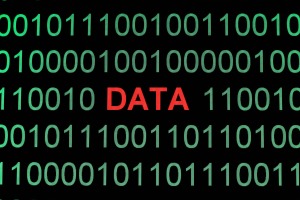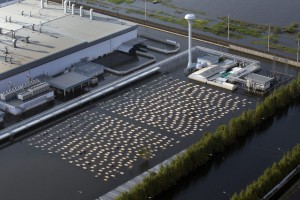It is that time of the year again here in the United States…tax day. You know how the saying goes:
Our new Constitution is now established, and has an appearance that promises permanency; but in this world nothing can be said to be certain, except death and taxes.
—Benjamin Franklin, in a letter to Jean-Baptiste Leroy, 1789
I might add another certain to Ole Ben’s letter – supply chain disruptions. Unfortunately much like death and taxes, these disruptions are not something to look forward to. But much like taxes and death, the inevitability of their happening does not mean we shouldn’t plan for their potential impacts. By preparing for these events we can ensure that we emerge from these situations in the best shape possible.
During the first few months of this month I have heard the same concerns about our supply chains:
- Acts of nature are unpredictable. Yes floods, tsunamis, earthquakes, blizzards, ash clouds, hurricanes and the list goes on, of natural events are unpredictable and constant. While one day we may be able to control the weather and other natural phenomenon (according to some James Bond villains) today we remain at the mercy of Mother Nature. Our abilities to predict acts like the weather are better but certainly not 100% accurate. And we have have to find good ways of pinpointing where earth quakes and volcanic eruptions will occur.
- Macroeconomic drivers are constantly changing. Exchange rates, the price of oil, deflation and other economic characteristics are driven by government, corporation and human action, but sometimes we cannot really understand the outcomes of these acts. Of course at some level of supply chains entities can afford to pay for influence at these economic levels…but even that does not ensure full control or understanding of outcomes.
- Humans…yes we are unpredictable at the end of the day. When I studied political science and economics I always struggled with the notion of a “rational” actor or state. What is rational to me might not be to you and vice versa. Yet all of our theories started with some assumptions around “rational” behavior. Of course the same is true within our supply chains. Whether it is a buyer, a worker, a partner or any other human within the supply chain we cannot always assume we understand their behaviors and actions.
So what does this mean? When it comes to our supply chains we should focus on three rules:
 Embrace the growing amounts of data and sources of that data. While data is not the panacea for our ills,it can provide clearer picture of what is happening and where things are being impacted. The growth of data as well as what is producing the data (think IoT) opens the door for companies to get a greater understanding of their supply chain. This digital disruption will only continue to grow in importance – maximize the value for your supply chain.
Embrace the growing amounts of data and sources of that data. While data is not the panacea for our ills,it can provide clearer picture of what is happening and where things are being impacted. The growth of data as well as what is producing the data (think IoT) opens the door for companies to get a greater understanding of their supply chain. This digital disruption will only continue to grow in importance – maximize the value for your supply chain.- Constantly push yourself to keep an eye on possible new business models. Anyone who has been in business, gone to business school or just read a business publication knows that the secret is to always be ahead of your competitors with “paradigm” changing models. True. But not easy to identify. However within our supply chains we do not need to always identify but more – be open to discovering and leveraging these opportunities when they present themselves.
- Focus on what you can control. Understand what you cannot control and think about how it can impact your supply chain, but focus on what you can control. The data should help you better understand what is possible as well – but there must be a discipline as to what is controllable and what is not. Within the context of modern supply chains, this discipline is even more crucial.
Like death and taxes, disruptions to your supply chain will be a constant. The good thing is that new digital aspects have given supply chains a fresh arsenal of solutions and business processes to offer solutions to meet this disruptive realities.



